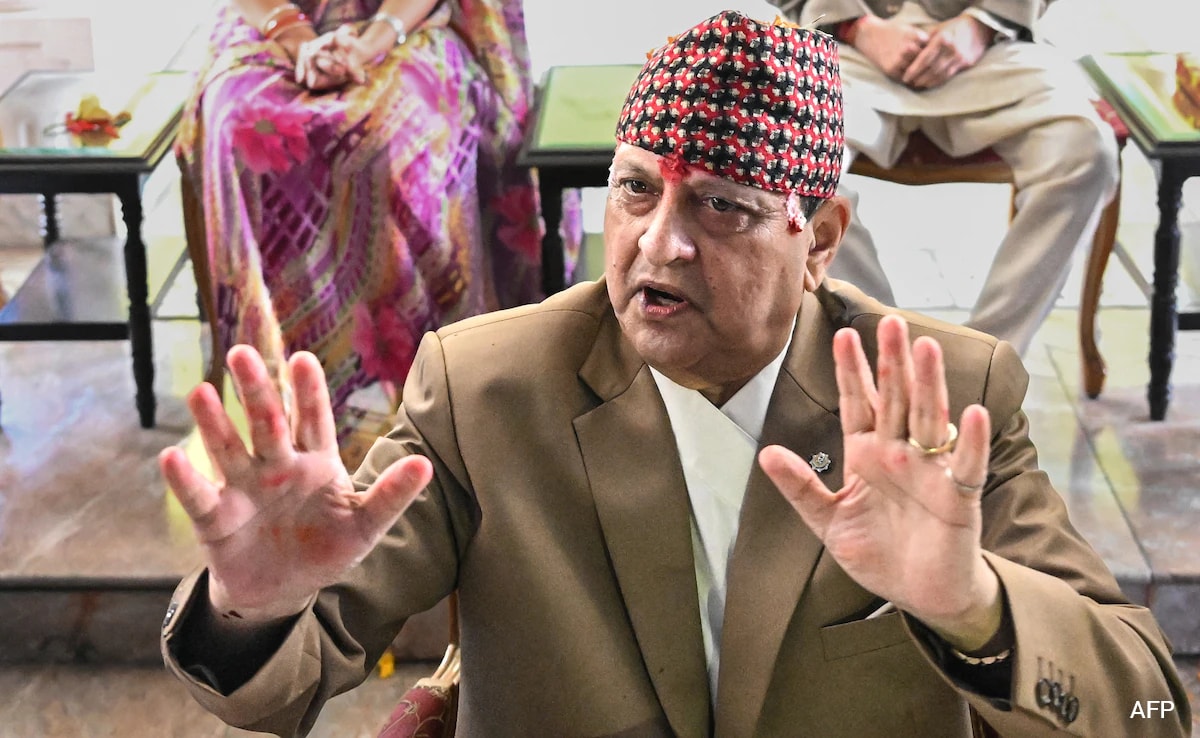The attack marked a major escalation in a campaign of drone and rocket strikes on targets in Iraq as armed groups use violence to raise the stakes of political decisions that threaten their interests. Censure followed swiftly. Iraqi President Barham Salih called the attack a âdangerous transgression.â The United Nations said it condemned it in âthe strongest terms.â
The drone strike came as Iran-linked groups intensify pressure over an Oct. 10 election result that saw their political alliance suffer surprising setbacks. It won the largest share of the vote but its share of the countryâs 329 parliamentary seats dropped by almost two-thirds.
The lionâs share of the seats went to the party of Shiite cleric Moqtada al-Sadr and the populist leaderâs recent moves have suggested that he may be preparing to agree to a government that marginalizes parliamentâs main Iran-backed alliance, known as Fateh.
On Friday, the allianceâs supporters clashed with security forces outside Baghdadâs fortified Green Zone complex, home to Kadhimiâs residence and the U.S. Embassy.
Two people were killed when security forces opened fire. At least 125 others were wounded, most of them riot police, after the gathered protesters hurled rocks that they had pulled out from the sidewalk.
Sundayâs drone strikes, which were heard throughout central Baghdad in the early hours of the morning, caused tensions to spike even further.
Kadhimiâs office said that he had been unharmed by the strike, although several members of his security detail were wounded. But in video footage of the prime minister, who addressed the nation shortly after the attack, the faint outline of a bandage appeared to be visible below his white shirt.
Photographs from his residence showed that the drone had come close: doors and windows to the premierâs home had been blown in. A car was also damaged.
No one has claimed responsibility for the attack, but Iraqi and western officials have blamed previous attacks of a similar nature on Iran-linked paramilitaries in Iraq.
These have targeted U.S.-linked installations and Iraqi intelligence headquarters, but never the office of a senior official. The Iran-linked Kataib Hezbollah militia group is also accused of attempting to intimidate Kadhimi, who came to office vowing to rein in the paramilitariesâ influence, by assassinating one of his confidantes, the scholar and researcher Hisham al-Hashemi, last year.
In a video published by his office Sunday, Kadhimi was seem chairing a meeting of his security commanders about the overnight attack.
âThe cowardly terrorist attack that targeted the home of the prime minister last night with the aim of assassinating him, is a serious targeting of the Iraqi state by criminal armed groups,â his office said in a statement.
The violence leaves Iraq in a dangerous moment as politicians and armed groups scramble to work out their next steps.
But experts said that it may also present an opportunity for de-escalation.
âThis may be the high watermark of the violent aspect of this brinksmanship around the election,â said Patrick Osgood, a senior analyst at Control Risks who monitors Iraq.
âWith the logic of violence that is increasingly dominating political activity in Iraq, there is also the potential now for a broad recognition now that this stuff has gone too far, and is unconscionable.â
.png)










 English (United States) ·
English (United States) ·  Turkish (Turkey) ·
Turkish (Turkey) ·